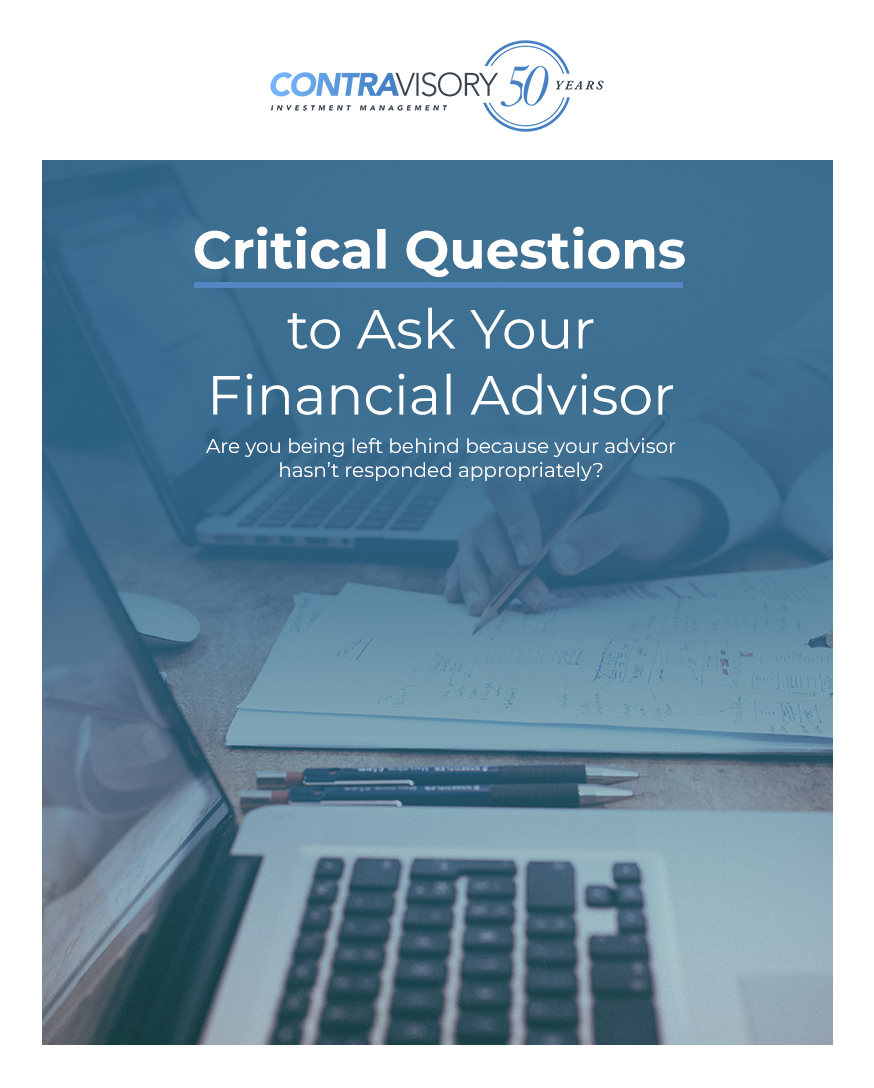
Fortunately, it is rare to see anguish on someone’s face. One day in New York, near the end of 1987, I did. The October crash was still vivid in everyone’s mind. As I opened the door of an “upstairs” trading room, I saw a friend at the far end of the long trading desk. He was standing with a phone pressed up against his head gesturing frantically. Prior to going “upstairs,” he had been a specialist on the floor of the exchange. I had seen such behavior from him before, but I had never seen his face that flushed with anger. Suddenly, he screamed over the noise of the trading room, “I’m long 30,000. Make it go away!”
The “pain” endured in losing money is always stronger than the pleasure of making it. Investment professionals knew this years before Teversky and Kahneman won the Nobel Prize for proving it. They demonstrated in their thesis that losing money had 2.5 times more emotional impact than winning. If one is older, and the level of commitment is high, it is especially true. While I didn’t ask my friend how much money he had lost that day, I knew it had to be sizable. The experience was one I could relate to. After all, my first investment had brought me a 30% gain and interminable regret for years.
It’s fair to ask, how could you possibly regret making money? Well, you can if was one of the greatest stocks of the last century and you sold it! To make it worse, it wasn’t even my idea. The stock was Digital Equipment, and it was a “gift” to me by Robert “Pete” Lawson who had been a student of General Doriot at the Harvard Business School. General Doriot had been in charge of United States logistics in World War II and was the founder of American Research and Development, the first public venture capital firm. ARD – as it was called – went on to fund over 150 technology companies.
It was a chain letter of opportunity for me which at 22, I was too young to recognize. At the time, I was engaged and had saved $10,000 by continuing to live with my parents. Six thousand of it went into Digital Equipment! The stock did well going up 50%. Then it turned down. At the time - mid 1960s – when you bought furniture, there were no mega stores. All furniture came from the Carolinas and was cash-on-delivery. As the stock moved up, I ordered more furniture. That was fine until it pulled back. Without knowing it, I had committed a mortal sin in investing … overweighting a position.
The sale - as the stock declined - was forced on me, much as it had been with my friend in his diatribe “Make it go away!” shout. Digital Equipment was a lost opportunity for me; it went on to become one of the most successful technology stocks of the last century, yet I no longer owned it. But it was an experience I could and did recall eight years later. My firm brought Prime Computer public. At that time, there were almost as many minicomputer companies as there had been car companies 60 years earlier. Prime, however, had a unique advantage. It was being spun off from Honeywell because of this competition. All “minis” had closed systems and Honeywell had the largest installed base.
Prime was given the “keys” to this base. Based on my Digital experience, I marketed the IPO saying “It could be great, but you’ll probably lose money. Assume you will and put a small amount in it.” In the bear market of 1974, the stock decline from its $7 IPO price down to $.50 and nobody complained. It recovered back to its IPO price and then went up 37 times! Walmart - same time period- would turn $1,650 (100 shares) into over four million today. Microsoft and Nike were similarly successful. To take substantial risk – and hopefully be well rewarded - one needs to be emotionally indifferent to the risk.
-Francis Patrick Boland
Request Your Free Guide
Ensure your advisor is responding properly to changing market conditions.



